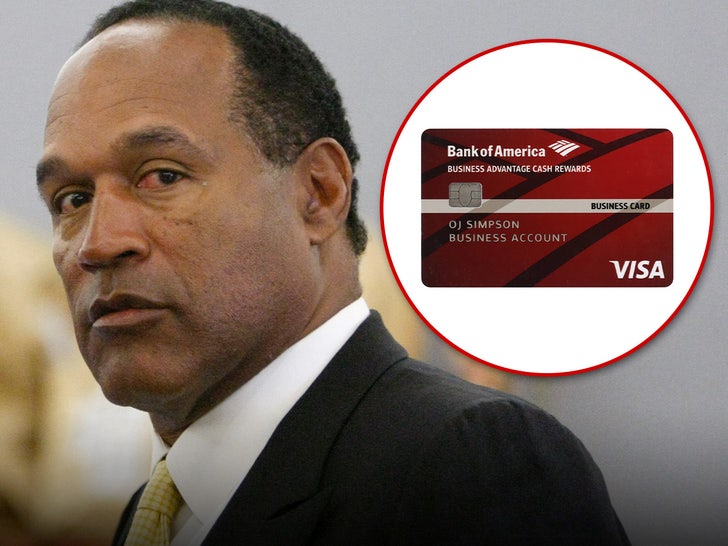

Banks continue to rake in billions of dollars from overdraft fees — but they’re making far less from those charges than they used to, according to a new report.
Banks and credit unions amassed an estimated $9.9 billion in fees from overdrafts and nonsufficient funds last year, down 6% from $10.6 billion in the prior year, the Financial Health Network said in a brief Thursday based on its own survey results.
The good news: Overdraft revenues have declined during the pandemic, falling 36% in 2022 from $15.5 billion in 2019.
The reversal in bank revenues is partially due to a changing policy landscape and significant pressure from regulators and lawmakers. Several banks changed their overdraft rules in 2021 and 2022, according to the Consumer Financial Protection Bureau, which had promised increased scrutiny on institutions that over-relied on fees for revenue.
Bank revenue from overdraft and nonsufficient-funds (NSF) fees fell 43% in the third quarter of 2022 compared to the same period in 2019, the agency said in February. Some of the country’s largest banks have already extended their grace periods for charging overdraft fees, dropped nonsufficient-funds fees, and gotten rid of overdraft charges.
“Notably, most of the largest banks eliminated NSF fees,” the Financial Health Network said in its report Thursday. “Many institutions also modified one or more overdraft/NSF-fee-related policy, such as reducing the size of the fee charged, lowering the cap on the maximum number of fees per day, instituting a grace period, or increasing the minimum negative balance amount to incur a fee. In a few instances, some institutions eliminated overdraft/NSF fees altogether.”
The share of households that paid an overdraft fee in 2022 remains unchanged
Yet even as bank revenues from fees receded, the share of households that paid an overdraft fee in 2022 — 17% — remained unchanged from the previous year, suggesting families are still impacted by the charges, the Financial Health Network said. There also wasn’t an evident “meaningful shift” in the frequency of overdrafts, the organization said.
And though recent bank policy changes have helped consumers, the Financial Health Network noted that its survey data showed some people were still overdrafting their accounts purely to get by.
Nearly half of overdrafters said that they’d most recently overdrafted on a transaction of $50 or less, according to the Financial Health Network survey of 5,055 consumers, which was conducted between Jan. 5 and Jan. 30.
Though half of the people who overdrafted their accounts said it was unintentional, 28% said they had overdrafted knowing their balance was low, thinking maybe they could cover the purchase anyway. Some 16% overdrafted despite understanding they didn’t have enough money to make the purchase.
But of the respondents with more than 10 overdrafts, 35% said their most recent overdraft was intentional, the Financial Health Network said. The Consumer Financial Protection Bureau previously found such customers have historically accounted for the vast majority of all overdraft fees, noting in a 2014 report that consumers with 10 or more overdrafts paid about $380 in fees annually, potentially stripping money from people who had little of it to begin with.
“The solution to that challenge will ultimately require improved labor and social-welfare policies and practices that address the root causes of persistent cash shortfalls,” the organization said in its brief.
Only 4% of “financially healthy” households with checking accounts reported that they’d paid an overdraft fee or nonsufficient-funds fee in 2022, and the majority of those households that overdrafted only did so once, according to the Financial Health Network. Financially healthy households are able to sufficiently “manage their day-to-day expenses, absorb financial shocks, and progress toward meeting their long-term financial goals,” the organization said. Compare that to the 46% of “financially vulnerable” households who overdrafted last year, with 65% of those families overdrafting their accounts three or more times.
Black and Latinx households reported more often than white households that they had overdrafted at least once, but the Financial Health Network said it had not discovered “evidence that frequent overdrafters are disproportionately people of color.”
MarketWatch reached out to several of the largest U.S. banks for comment on the Financial Health Network’s report Thursday.
Adam Davis, the vice president of financial health, inclusion, and liquidity at Capital One
COF,
“Eliminating fees, in combination with the design and features of Capital One products, not only encourages responsible spending and savings behaviors but removes barriers to opportunity,” Davis said. “No-Fee Overdraft reflects Capital One’s commitment to advancing financial inclusion and putting people first.”
A spokesperson for JPMorgan Chase & Co.
JPM,
“Consumers continue to tell us that overdraft is an important service to help manage cash flow constraints and as a safety net in time of need, which is why we pay millions of transactions totaling billions of dollars each year on accounts with insufficient funds,” the spokesperson said. “Today, the vast majority of these transactions do not incur any overdraft fee, following over a decade of significant enhancements we have made to the service to provide greater transparency and additional options to avoid fees.”













